Q: WHY, AS BRITISH CAMPAIGNERS, ARE YOU FOR THE RETURN OF THE PARTHENON MARBLES TO GREECE?
A: The issue of the reunification of these sculptures is a a matter of universal concern. We as British campaigners have a particular responsibility in this as it is a British museum, which holds half of the surviving sculptures from the Parthenon.
We also have a particular responsibility to convince the British press, public and politicians of the need to reunify them with their counterparts in Athens.
We have had much success in persuading the British public, as indicated by numerous opinion polls, and also professional opinion, as demonstrated by a 2012 poll in the Museums Journal showing a majority of 73% in favour of reunification, but less so with politicians and the cultural establishment.
Much of our campaigning is focused on informing and educating a critical mass of the general public which could not be ignored by elected politicians and the cultural establishment.
Q: IS THE MODERN GREEK STATE THE LEGITIMATE OWNER OF THE PARTHENON MARBLES.
A:Legal title to the ownership of these sculptures is extremely difficult to establish conclusively.
It is well documented that The British Government purchased the sculptures legally from Lord Elgin.
However Lord Elgin acquired the sculptures in questionable circumstances, the evidence for which is difficult to determine in full detail. There is much evidence that he exceeded what he had been given authority to remove by the Ottoman authorities.
The Ottoman state could be argued to have had legal title at the time of Elgin's acquisition; but the modern Turkish state is a different entity.
The Greek national state did not exist at the time of Elgin's acquisition of the sculptures and had never existed before that.
The only entity that could be argued to have had undisputed legal title was the demos of ancient Athens, but that did not survive antiquity.
Then there have to be taken into account differences of property ownership across time and countries, including the British Museum Act 1963.
But anyway, this should be seen not as a legal but essentially as a cultural issue. The sculptures belong to the Parthenon.
Q: IS THE BRITISH MUSEUM'S REFUSAL TO RETURN THE MARBLES LEGITIMATE.
A: Over the years the British Museum has advanced a number of arguments which have been described as "historical curiosities discredited variously as inconsequential, disingenuous, debatable, statistically dubious or just plain wrong" (Eddie O'Hara, Museums Journal, 112/06, 01/06/2012).
The one that continues to have specious public resonance is the "floodgates" argument - that to concede to the demand for the return of these sculptures would set a precedent leading to a flood of similar requests which would, if conceded, denude the galleries of the great museums.
This argument is incidentally close to an admission that much of the cultural property in the great museums is of questionable provenance. It is also overstated. The great museums have on permanent display a mere fraction, perhaps 20%, of the property in their collections. Also, not every demand would be of equal merit and each would be considered on its merits.
But anyway, the "floodgates" argument does not apply to the Parthenon Marbles. They are probably uniques in being integral elements of a fixed monument which is a UNESCO world heritage site, sawn off and divided for display, mainly in museums 2,000 miles apart. Thus their reunification would set no precedent.
The British Museum has recently rested its case on its status as a "universal" museum which transcends national cultural boundaries and presents the sculptures in a global context, unlike the "parochial" Acropolis Museum.
The status of "universal" museum is self serving and self designated by the Bizot Group of major museums. It is by no means universally accepted. There is evidence that most visitors do not seek or make the claimed cultural crossconnections. Rather they treat the collections as a smorgasbord of disparate delicacies.
Thus in essence the Parthenon Marbles are at best exemplars in the British Museum's collection and at worst trophies. Whichever way, their presence is essentially elective.
The Acropolis Museum makes no pretensions to being " universal" museum. It is focused on providing a comprehensive and holistic narrative of the Acropolis and is associated monuments. The role of the Parthenon Marbles in this narrative is not elective but integral and essential. This arguably gives the Acropolis Museum greater entitlement than the British Museum to the inclusion of the Parthenon Marbles in its display.
Q: COULD GREECE USE ANY LEGAL MEANS IN THE INTERNATIONAL/EUROPEAN LAW SYSTEM ....... TO RECLAIM THE PARTHENON MARBLES.
A: Greece is currently pursuing the matter through the UNESCO mediation process. An approach has been made to the British Government which has said it will respond in due course. However the issue has been on the agenda of the UNESCO Intergovernmental Committee for the Promotion of the return of Cultural Property since 1987.
Also the Swiss Committee for the Reunification of the Parthenon Sculptures is currently pursuing a number of initiatives through the processes of the European Union.
However it is notoriously difficult to secure a judgement from an international organisation such as these against one of its members.
Q: IS THE MARBLES ISSUE A CULTURAL PROBLEM OR ONE OF MODERN NATIONALISM?
A: It is certainly a matter of visceral concern to the Greek people.
This is sometimes misrepresented and criticised as nationalism, a political concept of dubious pedigree.
In fact it is rather a matter of ethnicity: the Greek state and people regard the Parthenon as an iconic symbol of their ethnic identity. This is a cultural concept.
According to the Faro Convention (2005) an identified cultural group have a human right to the enjoyment of their cultural heritage.

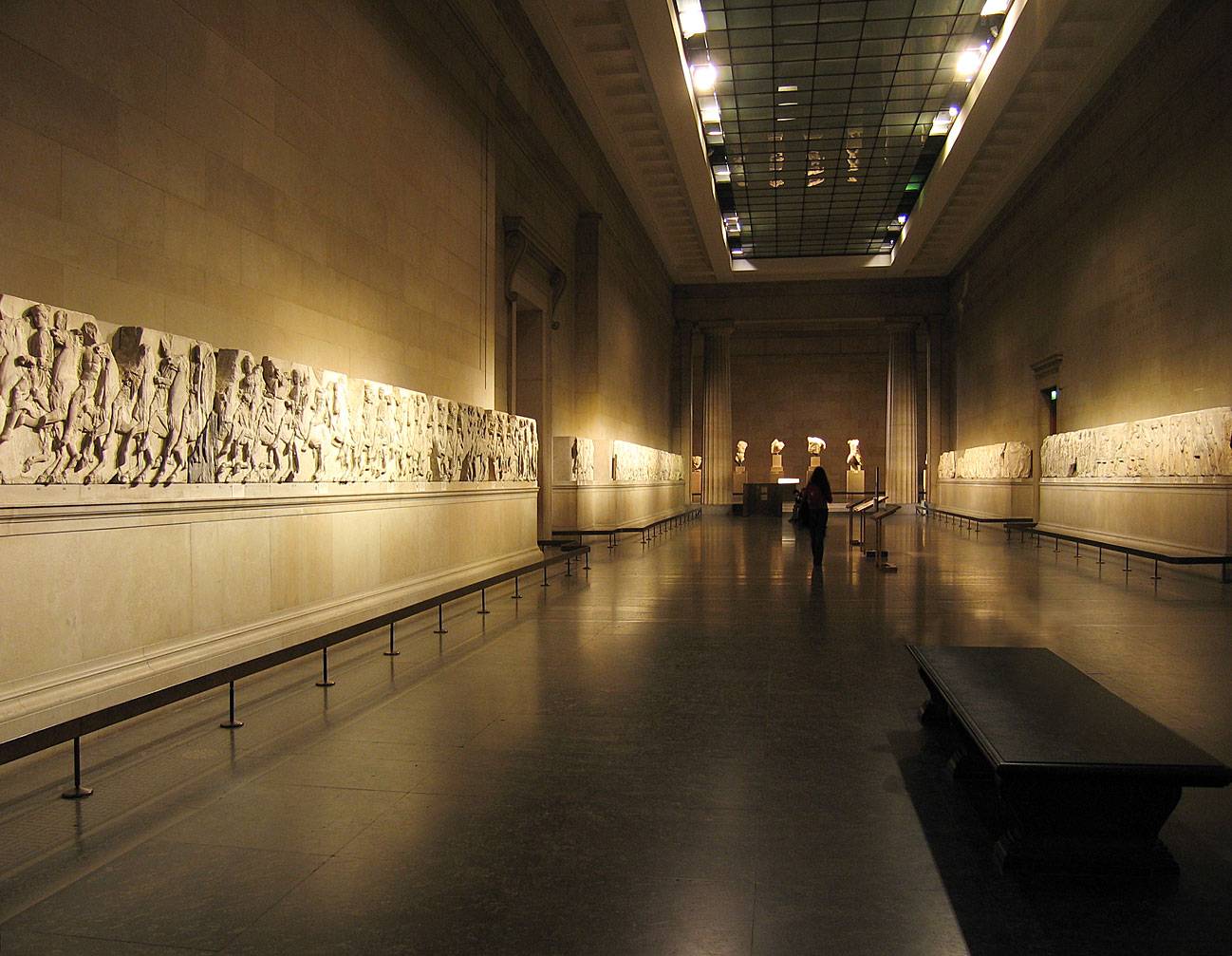
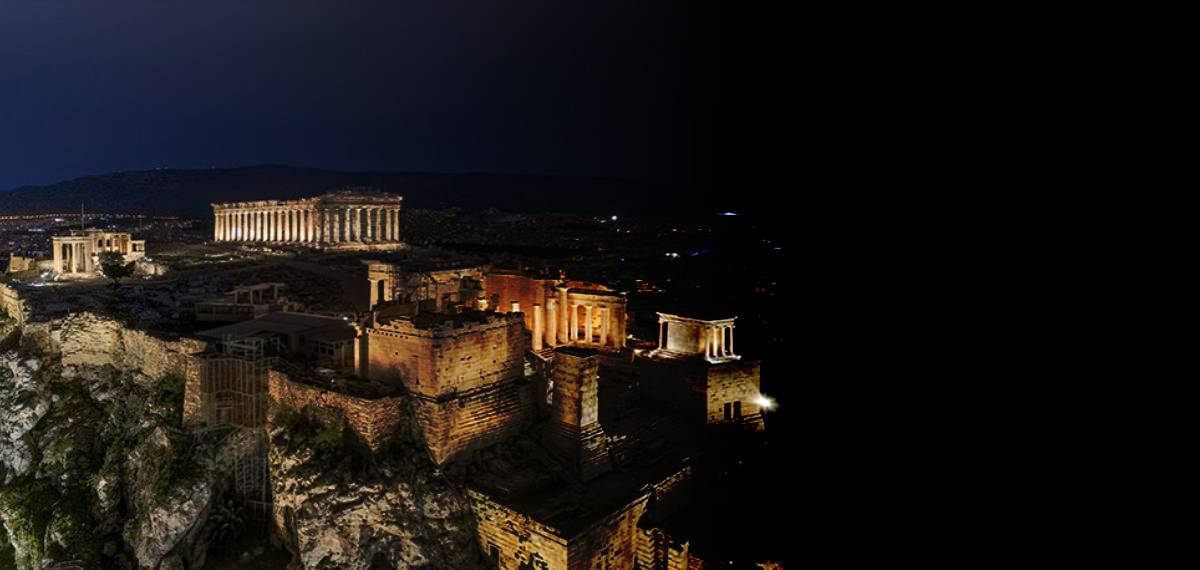
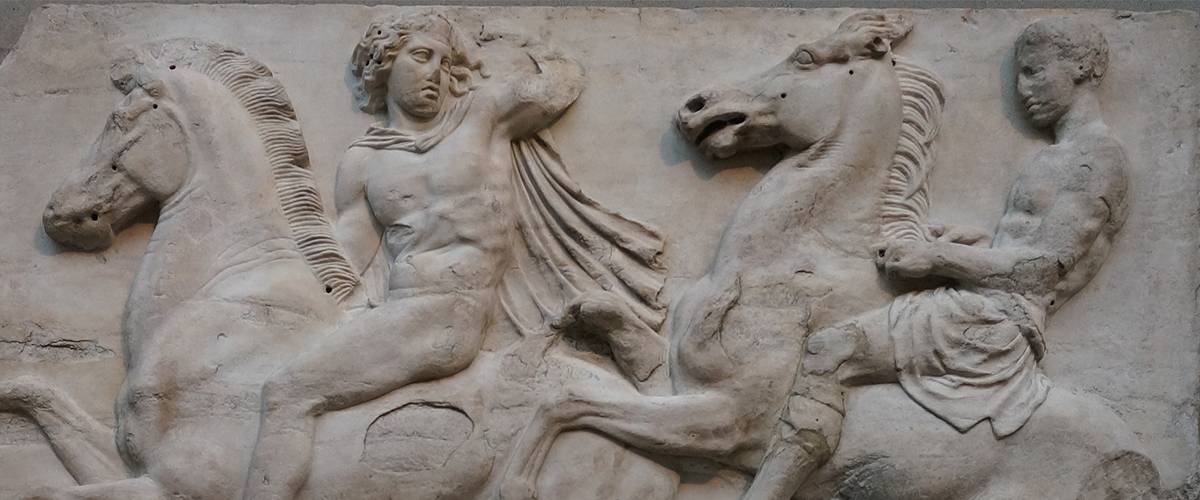

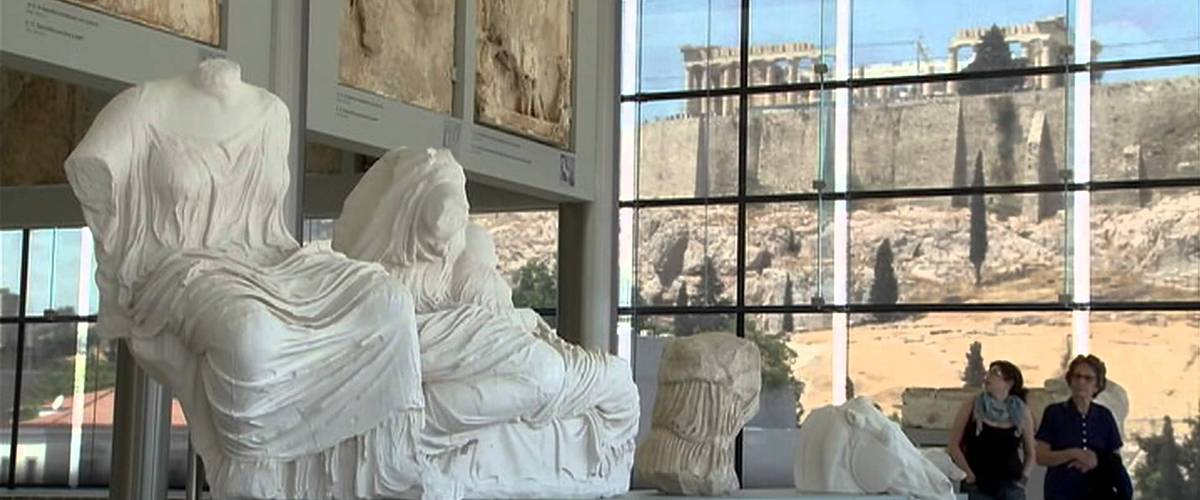
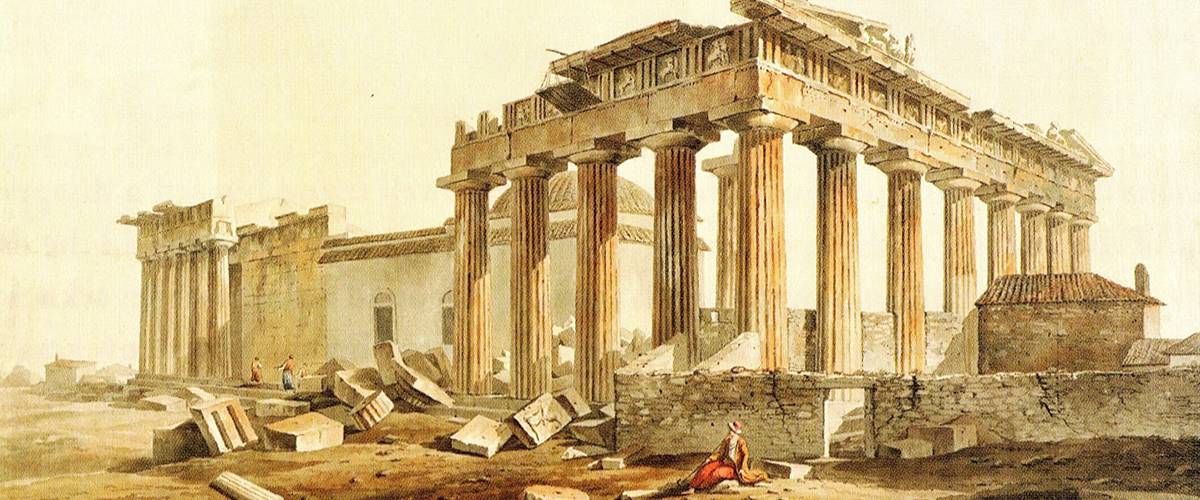
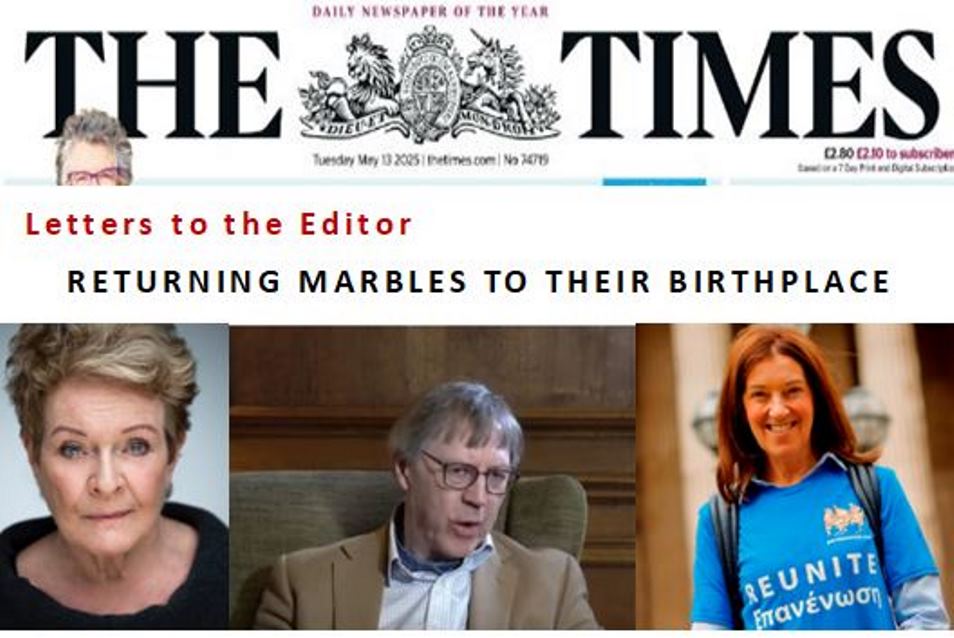
Comments powered by CComment